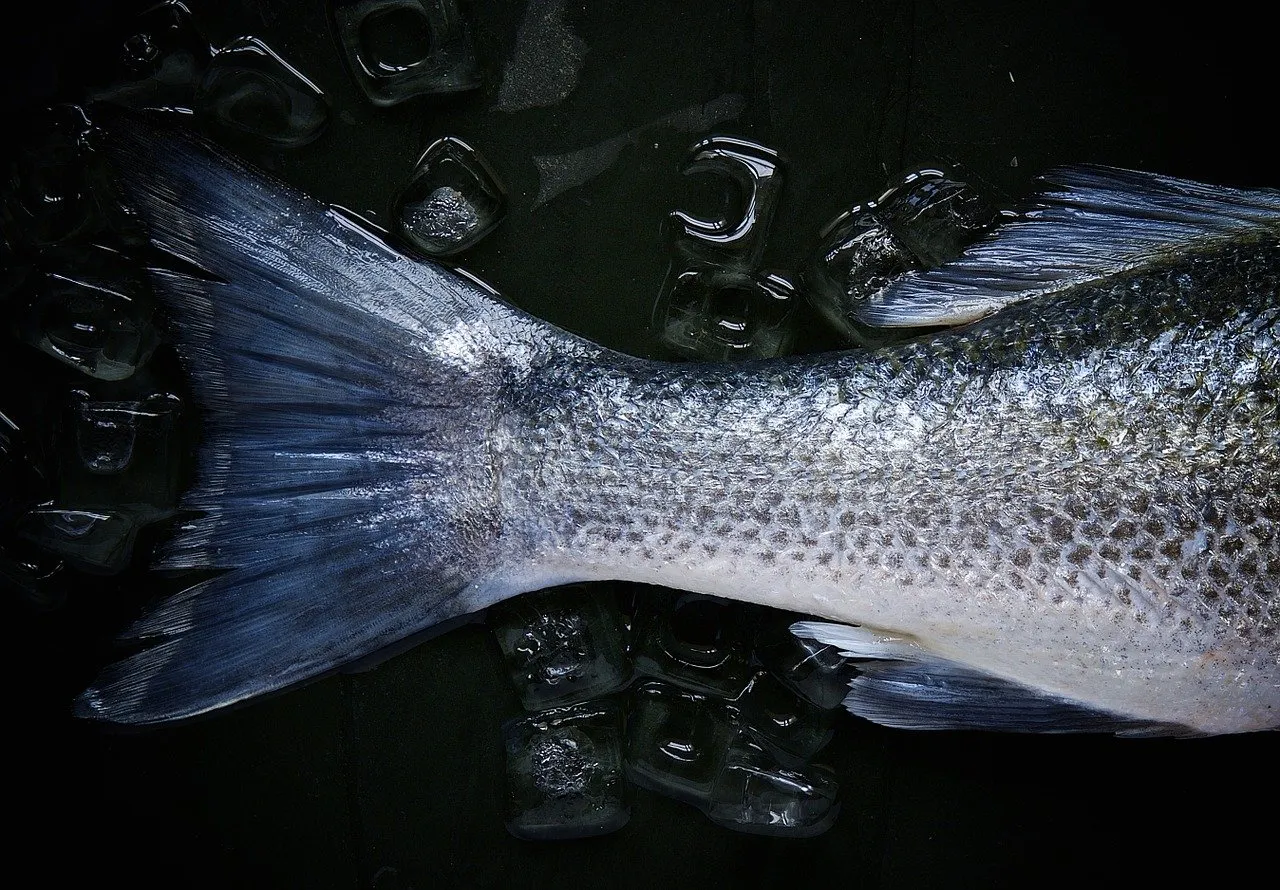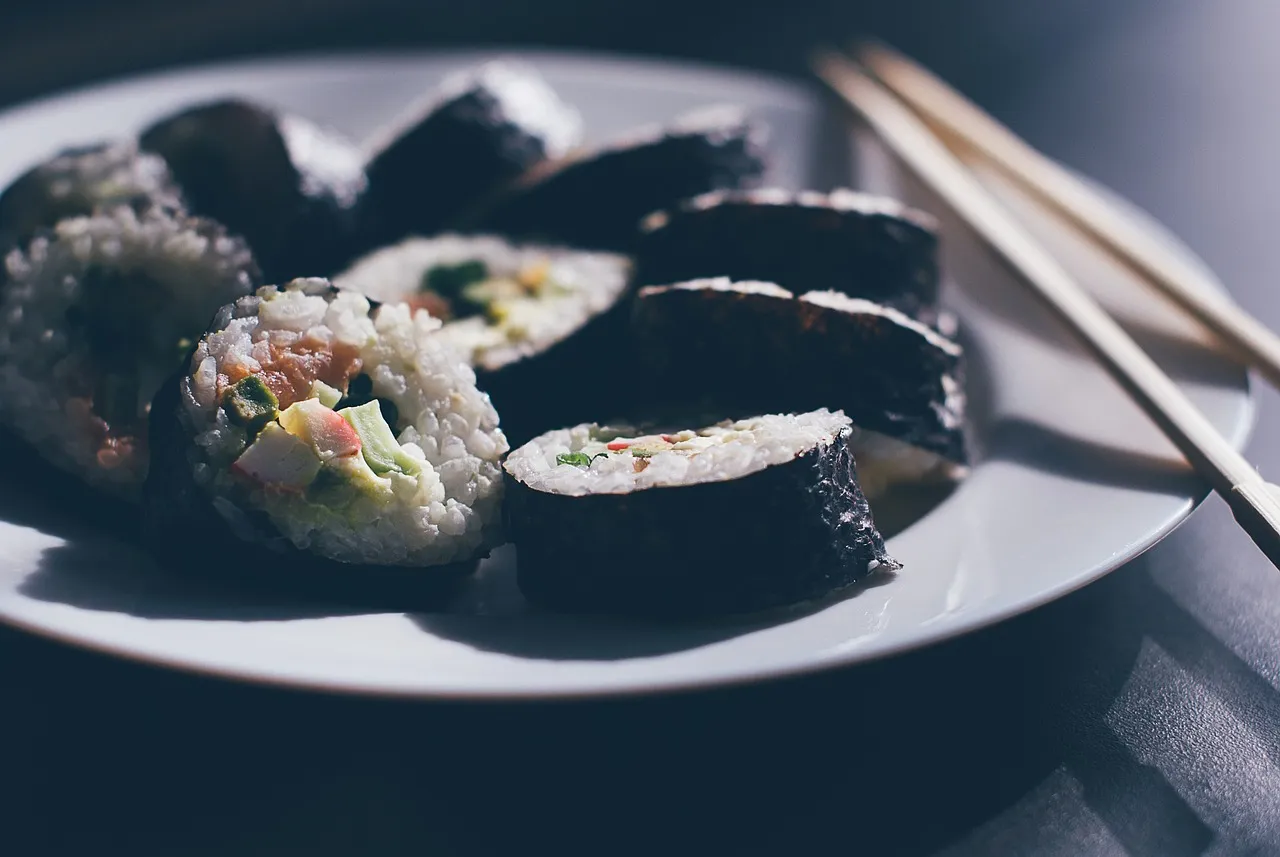
As people have started to make their way back to Fukushima, after authorities and researchers have insisted that it's safe to not only start going back but to start eating the food as well, it's still going to be a long uphill battle for the region and its industries to fully recover.
A great deal of radioactive water has been flowing into the ocean on a daily basis for years and many people are still skeptical about consuming food that might be coming from the area.

Following the Fukushima disaster that took place many years ago, a ban was initiated on food imports from the Fukushima region in a variety of places including Russia, South Korea, and the European Union.
Since that time though, various restrictions have been lifted or eased, though there are still some places that haven't been as forthcoming in their willingness to consider reversing the ban on the food yet.
We've been told that seafood and other food items coming from this region are now mostly free from radiation, but regardless of the various studies or suggestions that there is nothing to be concerned about, many are still worried about consuming the food.
Japan has previously fought back against the restrictions, such as taking their disagreement with a ban from South Korea on Japanese seafood imports to the World Trade Organization, which ultimately ended-up ruling in their favor.
At least 27 countries have lifted bans on Fukushima imports
The perception issue that plagues the imports coming from this region isn't only in the minds of those living overseas, but it's also on the minds of locals as well. Surveys have previously allegedly shown that Japanese consumers are still wary about consuming goods from the Fukushima region.
Thailand is reportedly the first country to receive a shipment of fresh fish from Fukushima since the disaster took place back in 2011. That shipment of fish is expected to be distributed to at least 12 different restaurants in the city of Bangkok that serve sushi and sashimi dishes.
Pics:
pixabay
